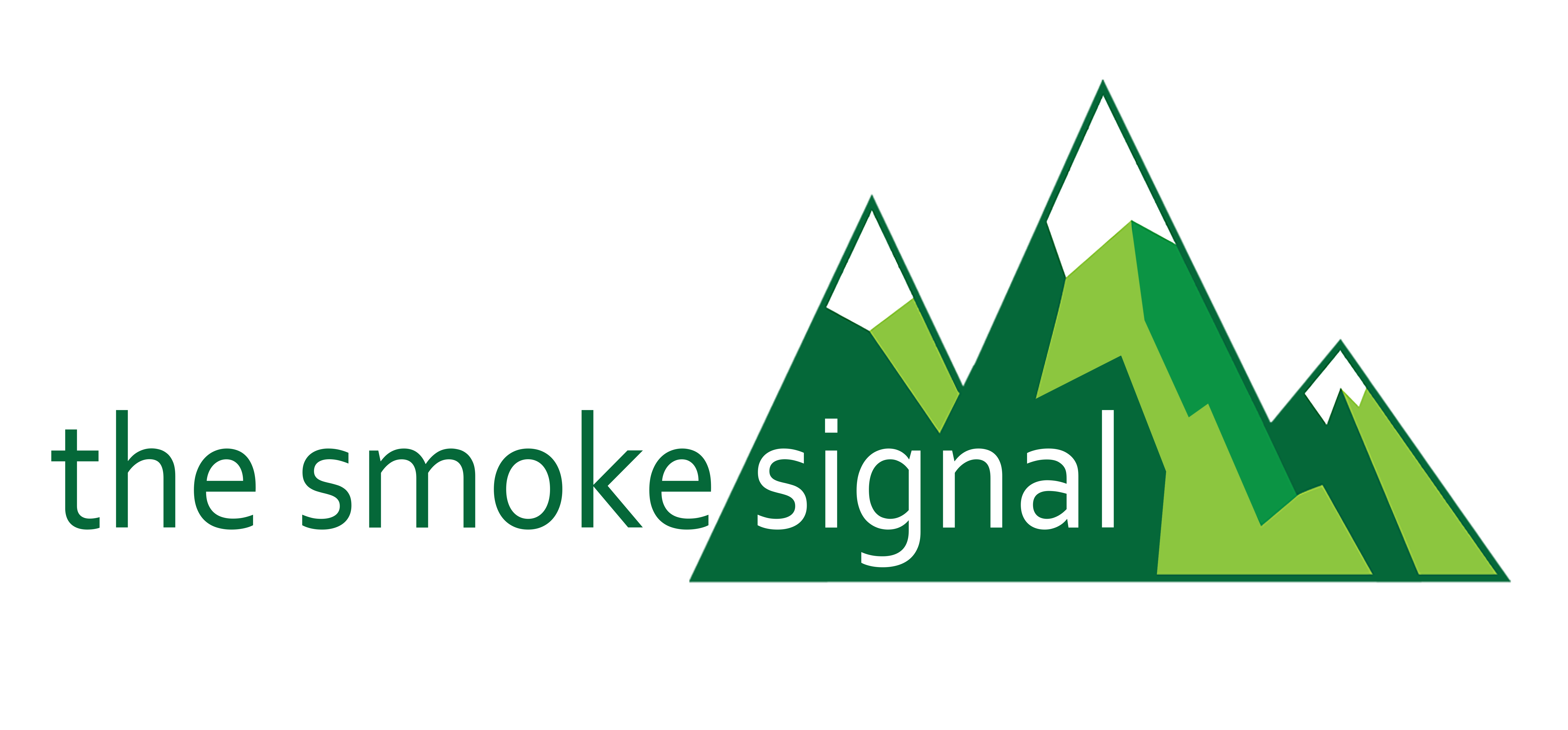
Note: The Smoke Signal will be publishing a blog series on hackathons and how MSJ students can get involved. Stay tuned for more updates and coverage.
By: Staff Writer Harshita Gupta
hack·a·thon
ˈhakəˌTHän/
nouninformal
noun: hackathon; plural noun: hackathons
- an event, typically lasting several days, in which a large number of people meet to engage in collaborative computer programming; a hacking marathon.
A hackathon is an event of anywhere from 50 to 1200 people, meeting with the sole intent of spending 24 hours building something using code. “Hacking” here is not used in the conventional, privacy-invading sense of the word. This use of the word “hacking” originates from the idea of intelligent disruption– taking something, breaking it down, understanding it, and doing it better. Disruption is at the core of innovation. Innovation takes a norm, challenges it, and comes up with a new solution for it. Automobiles disrupted the way people travelled, telephones disrupted communication, and every day, the creative minds behind our digital world are disrupting the way we connect, stay safe, and do everyday tasks, from drafting lists to sharing documents. A hackathon is a place to use technology, build something that you care about, and disrupt.
In a come-one-come-all atmosphere of encouragement, experimentation, and energy, every hackathon attendee is given the tools to take ownership of their idea, and make it happen. The traditional hackathon was characterized as a cutthroat race through the night, where only the experienced could survive. The $10,000 prizes and intimidating intern scouts only made the environment more daunting. “I’m not good/smart/experienced enough to go to a hackathon. I can’t build a complete product!” was a common refrain.
The traditional hackathon is still popular in its niche audiences, but a new wave of beginner-friendly events is disrupting the notion that only few can code. Packed with workshops on topics from game-design to hardware tinkering, events like CodeDay welcome beginners of all ages and from all backgrounds. These beginners thrive in the supportive environment, learn from professional mentors, and challenge themselves to create a game, app, program, or website in 24 hours. The measure of success at a CodeDay is not “how groundbreaking was your technology,” but “what did you learn?” These new hackathons are disrupting the status quo of coding.
During the Fall 2014 Hackathon season, I took a leap of faith and signed up for CodeDay 2014, a first-come-first-serve hackathon aimed at high schoolers and college students. I pushed aside my fears of incompetency, and promised myself that I wouldn’t bail at the last moment. It’s a decision that I’m still thanking myself for. In retrospect, CodeDay felt like the inside of a nuclear reactor– 100 passionate people, each feeding off the energy of the other 99. The excitement is infectious, and the attitude invincible.
Hackathons are the perfect way to make students believe in their ability. They make attendees feel wanted, and are usually free and offer travel reimbursements. Students are encouraged to form teams with like-minded people who will compliment their strengths and weaknesses. They bounce ideas off other passionate and intelligent peers until they have something they can proudly show off. If they run into problems, professional engineers are standing by to help them figure things out. I spent four hours of CodeDay working with Facebook web developers on my project, late into the early hours of the morning. The sense of community and support from the professional tech world is amazing and supporting. As a self-taught coder who thrives off online tutorials, I had almost forgotten why the traditional, face-to-face teaching model is so valuable. After all, there’s only so much that a video can do for you. The experience of learning from other people is unparalleled.
By morning, the stacks of empty energy drink cans and the red-rimmed, blazing eyes of beginners-turned-coders-overnight are proof of the hard work that went into the previous night. Of the 23 project presentations that concluded the event, 8 were delivered by teams who had never built complete products before. CodeDay teaches you how to learn, so that you can walk away with the tools to take your coding career in any direction you choose. 25% of CodeDay attendees have no prior coding experience, and 50% more have only basic exposure. According to StudentRND, the creators of CodeDay, 87.7% of all attendees will continue to work on personal projects after CodeDay, and 75% will attend another industry event.
Hackathons do wonders for an industry that has been severely criticized for its lack of diversity. Every CodeDay has an increasing number of female and students of color participate, and mentors and judges are relatable and diverse. Every student finds a role model they can identify with, and the diversity at the event disrupts the stereotypical image of a coder. There is no typical coder– anyone can code.
As the Winter Hackathon season rolls around, there’s almost 80 potential hackathon hours to sign up for. Hacking Generation Y, HS Hacks II, and CodeDay Winter 2015 are some of the high school oriented ones round the corner. Stay tuned for the next post in the series to learn more about each, and pick which might be best for you.
I’d hope that reading this has convinced you that no matter what field you associate yourself with, a hackathon is for you. You’re never “not good enough” for one. So, why are you still reading this? Go sign up now!








